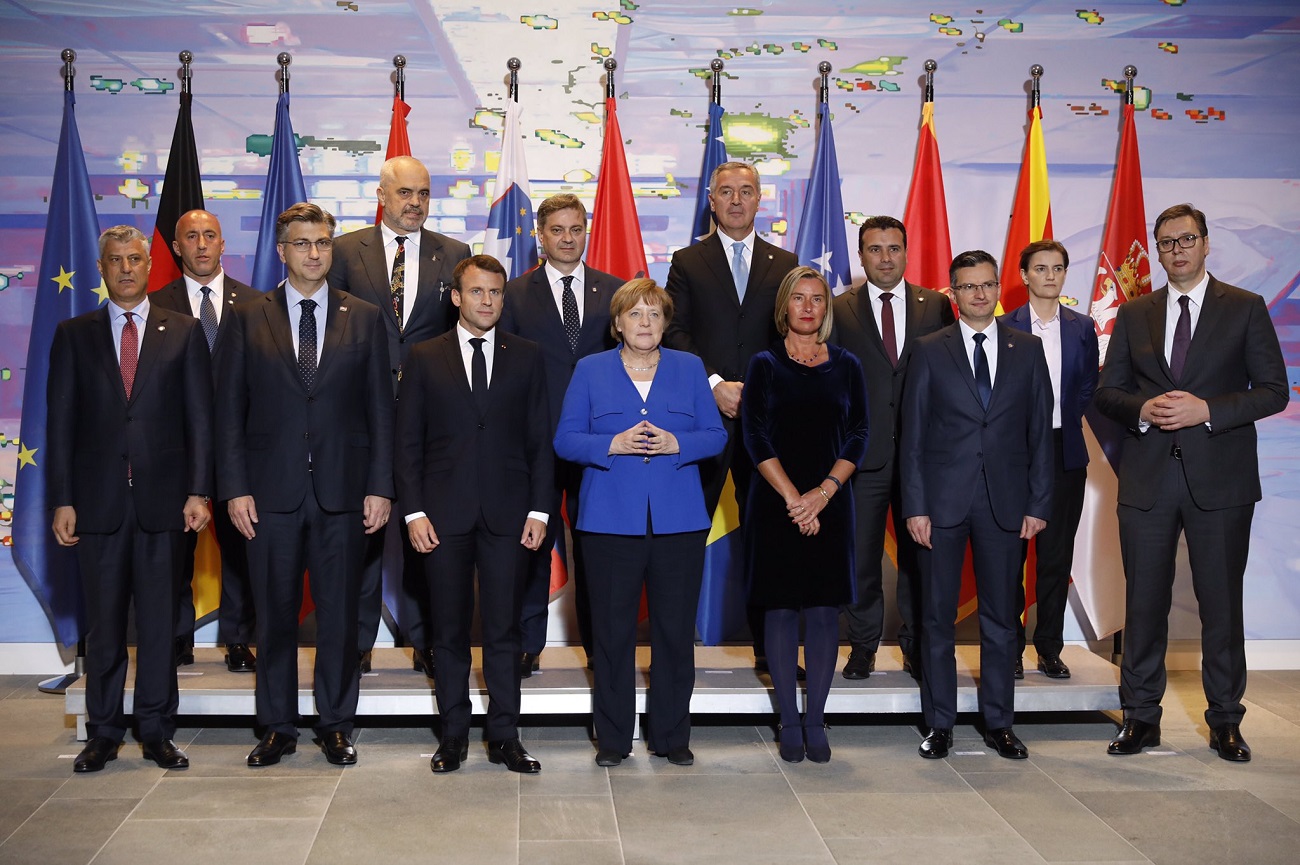
The countries of Western Balkans face multiple geopolitical, economic, humanitarian and social challenges. Although a slow but steady process of NATO enlargement is present, none of the WB countries is yet close to the EU membership. Global actors use that as an opportunity to increase their influence on Europe. Basic security concerns, handicapped political process, informal dependencies, unclear perspectives and global developments bouse the region in different directions. COVID-19 pandemic only aggravated the level of uncertainty, with vaccination becoming another hot political issue. The EU’s tactics towards the region assume increased leverage, political accountability and credibility, and it will not remain unnoticed by global and regional contestants such as Russia, China, Turkey or Saudi Arabia.
EU’s values-centered conditionality does not necessarily correspond to the political and economic interests of local elites. Hence, there is a need for an exploration of the possible trajectories for the Western Balkans considering the EU’s priorities, other players’ power projection and pandemic-related developments. The mapping of potential trends and potential outcomes for the Western Balkans, as well as including the V4 perspective into the debate, will uplift the discussion on the importance of the region for the West, in particular, EU and NATO. By means of Central European cooperation, we hope to ensure that the best recommendations are developed and heard in the EU and the U.S.
The “Western Balkans – Exploring Trajectories for the Region” project is supported by the International Visegrad Fund and is part of a broader effort called “Western Balkans Futures” aimed at elevating and extending the debate around the future of Western Balkans.
Previously, with the support of the Ministry of Foreign Affairs of Poland, we produced a thematic report outlining major trends and triggers in the region: Western Balkans Trends Report.
The project entails the publication of the “Scenarios for the Western Balkans 2030″ report based on the scenario-building workshop with experts from Western Balkans and Visegrad countries that took place on 9-10 September 2021. The report is planned to be published mid-February 2022.
We are also following the developments in the Western Balkans and invite international experts to provide commentaries.
Our partners are: Albanian Institute for International Studies (Albania), Foundation BFPE for a Responsible Society (Serbia), EUROTHINK – Center for European Strategies (North Macedonia), Institute for Foreign Affairs and Trade (Hungary), Prague Security Studies Institute (Czechia), Slovak Foreign Policy Association(Slovakia).
The project is supported by: International Visegrad Fund.
The project is co-financed by the Governments of Czechia, Hungary, Poland and Slovakia through Visegrad Grants from International Visegrad Fund. The mission of the fund is to advance ideas for sustainable regional cooperation in Central Europe.









